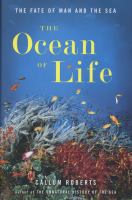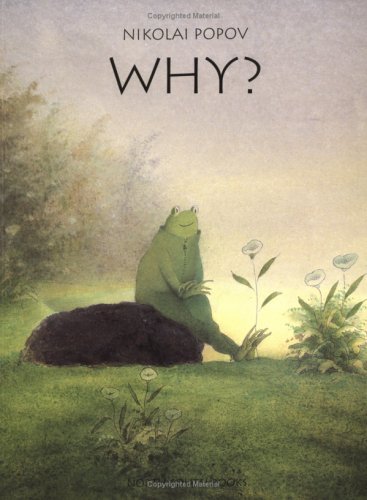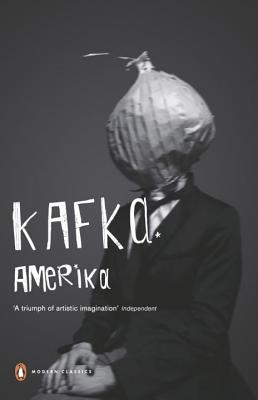 Now, I haven’t actually read The Ocean of Life by Callum Roberts, but it’s been on my (never-ending) to-read list and it relates to this week’s topic, so I’m going to let this be the introduction. Perhaps you’ll notice that I started off the series talking about all the wonders of the ocean and what it has to offer us, before coming around to talk about what we have wrought upon the ocean (and how we might be able to undo some of the damage we have caused). Perhaps you’ll notice that I mentioned earlier in the series, at the very beginning, how there seems to be a formulaic approach to writing books about marine life, and that I’m adhering to that formula 100%. But given that we’ve covered what lives in the ocean, I think it’s really only fair to talk about the ocean itself, because that mass of water is amazing in its own right. And frankly, it would be entirely remiss of me and the authors below to talk about the ocean without talking about the horrors we’ve inflicted upon it.
Now, I haven’t actually read The Ocean of Life by Callum Roberts, but it’s been on my (never-ending) to-read list and it relates to this week’s topic, so I’m going to let this be the introduction. Perhaps you’ll notice that I started off the series talking about all the wonders of the ocean and what it has to offer us, before coming around to talk about what we have wrought upon the ocean (and how we might be able to undo some of the damage we have caused). Perhaps you’ll notice that I mentioned earlier in the series, at the very beginning, how there seems to be a formulaic approach to writing books about marine life, and that I’m adhering to that formula 100%. But given that we’ve covered what lives in the ocean, I think it’s really only fair to talk about the ocean itself, because that mass of water is amazing in its own right. And frankly, it would be entirely remiss of me and the authors below to talk about the ocean without talking about the horrors we’ve inflicted upon it.
Roberts starts off with a history of the ocean and how people around the world have interacted with it and its inhabitants throughout the years, starting with how various cultures around the world have depended on molluscs and fish to varying degrees to supplement their diet. However, our relationship to the fish living within the ocean has changed dramatically, and this is painfully clear from a couple of graphs that appear in the first section, which illustrate, among other things, how people working in the fishing industry now have to put in about 17x more effort (as of The Ocean of Life publication in 2012) to catch the same amount of fish. This is despite – or perhaps precisely because of – improvements in fishing technology that allow us to find fish more easily and (in theory) catch more fish while expending less effort. Of course, trawling, which completely destroys delicate ecosystems and produces an underwater wasteland, is not the only factor in the decrease in marine life: chemical pollutants and waste such as plastic bags also play their part.
Doom and gloom constitute the first part of the book, so what follows in part 2 is, perhaps necessarily, the hope of recovering our oceans. The book ends, however, on a somewhat gloomy note, preparing for the downward slide that is the health of our ocean. How can we adapt to these changing conditions in the ocean, and what will become of both the ocean and us if we are to refuse to make an effort to bring about change?
The following books also discuss the ocean and how humans have affected it, but perhaps more importantly – or not, since I personally think it’s pretty important in and of itself rather than in its relation to people – how these changes to ocean chemistry have in turn come back to bite us. They are an ode to the ocean of life.
Continue reading →
 Cross-posted with Kidzone, because I would that everyone read both these books.
Cross-posted with Kidzone, because I would that everyone read both these books.
